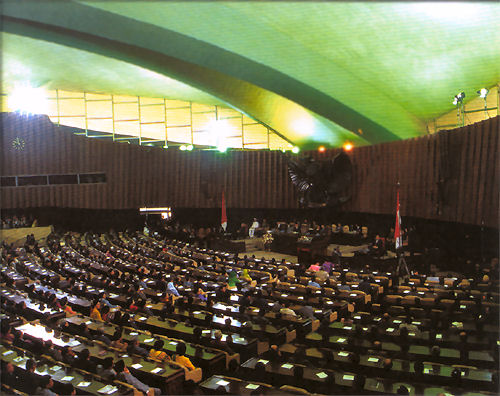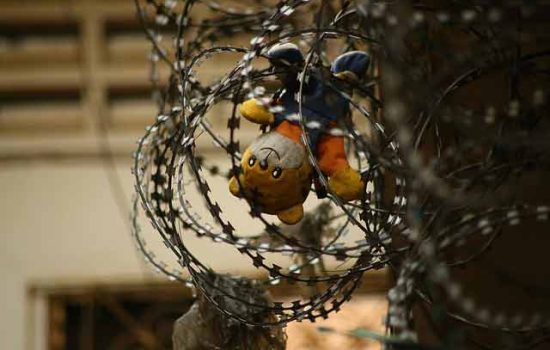“Revision to Article 27 (3) of the Information and Electronic Transaction Law (“ITE Law”) will not change the paradigm; the ITE Law will still threaten the freedom of expression and democracy”
Based on the information received by the Institute for Criminal Justice Reform (“ICJR”), after finishing two work meetings and 5 meetings the Working Committee of Commission I, the discussion on the Draft Bill to amend the ITE Law has finally completed on last Tuesday, 30 August 2016.
In the agreement between the government and the House of Representatives, the discussion on the amendment to the ITE Law generates several things, including:
- Decreasing the sanction for defamation (Article 27, paragraph 3) from 6 years to 4 years, so there is no potential to do any detention. Affirming that defamation is a crime on complaint (delik aduan) and referring to Article 310 and Article 311 of the Indonesian Criminal Code (“KUHP”);
- Affirming that criminal act of threats (Article 27, paragraph 4) / extortion are referring to Article 368 and 369 of the KUHP;
- Decreasing the sanction for violence acts and individual threats (Article 29) from 12 years to 4 years;
- Harmonizing the provisions related to the arrest-detention, search-foreclosure with the Criminal Procedure Law (“KUHAP”).
- Inserting the provisions of cyber bullying (harassment in cyber world) as a criminal act under Article 29.
From the beginning, ICJR has expressed its deep disappointment specifically related to the discussion on amendment of the ITE Law which closed from the public. In ICJR observation, none of the hearing discussion on the amendment to the ITE Law which was declared open by the Chairman of the Commission and Working Committee (“Panja”), and it is a drawback and would obstruct the spirit from the leader of the House to make House of Representatives more modern, transparent, and accountable.
ICJR also confirmed that the agreement which has been reached by the government and House is a drawback in the process of criminal law reform. This is because Indonesia is still in the over-criminalization stage, especially with the large number of duplicate provisions in the existing Indonesian Criminal Code and those in the ITE Law/agreed Draft Bill on the amendment to the ITE Law.
ICJR also highlight a decline of criminal sanction both in Article 27 paragraph (1) and (4) and Article 29. This matter fails to answer the problem of duplication of criminal offenses because the same provisions in the KUHP is still able to reach the acts which conducted by using the Internet. The problem that may occur is those criminal provisions are still prone for multi interpretation and easy to be misused.
ICJR also condemned the deterioration in the process of fair trial in the process of arrest, detention, search, and seizure under the amendment to the ITE Law. Previously, the process of arrest and detention under the obsolete ITE Law requires permission from the Chief of Court (Article 43 paragraph 6) and this shows Indonesia’s progress in harmonizing national legislation with international obligations. By eliminating the requirement to secure permission from the Chief of Court, arbitrary detentions would be very easy to do.
In the case of harassment (cyber bullying), ICJR also unable to see how this provision is formulated, once again because of the drafting process of the amendment to the ITE Law is closed for public. Therefore, ICJR worries that this provision will be prone to multi-interpretation and conflicting with the principle of lex certa, lex stricta, and lex scripta.




